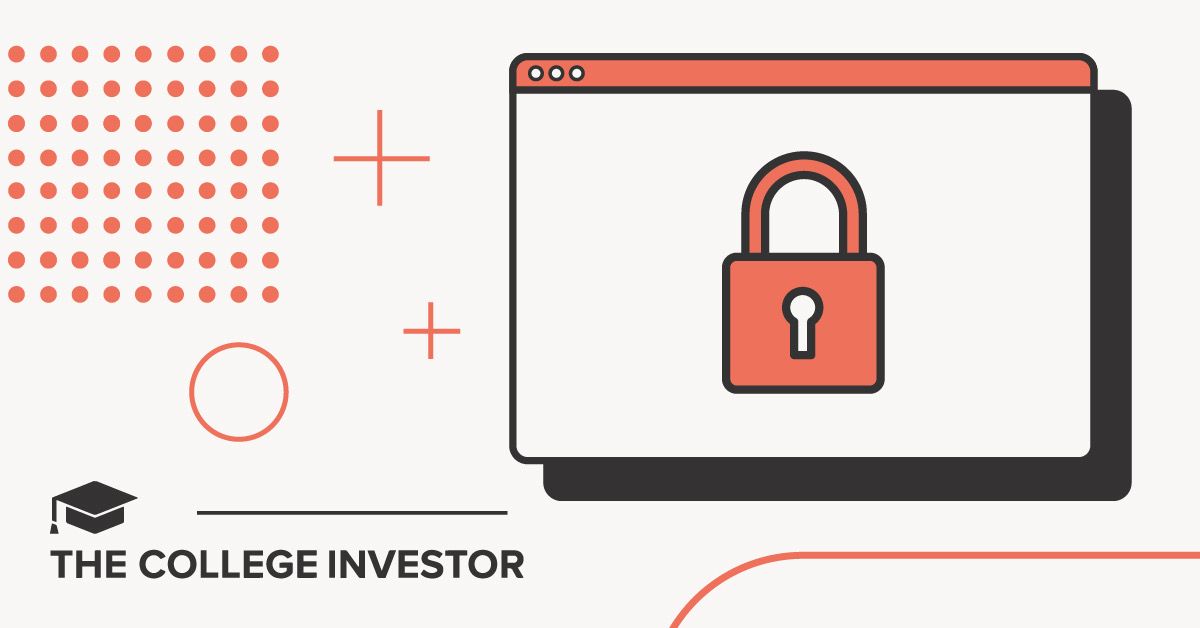Navigating Workplace Isolation: Finding Connection and Balance
In today’s fast-paced work environment, feelings of isolation can creep in, often leading to a cycle of monotony that feels impossible to escape. As Cobb insightfully notes, “I think that isolation often can contribute to some of the challenges that are experienced in the workplace.” This sentiment resonates with many who find themselves caught in a daily routine that consists of going to work, coming home, eating, and then going to bed. While this pattern may sometimes be a necessity, it can also lead to a profound disconnect from oneself and from others.
The Impact of Routine on Well-Being
When work becomes merely a means of survival rather than a source of fulfillment, it’s crucial to seek out opportunities for community and connection. Cobb emphasizes the importance of recognizing when our routines become habits that stifle our personal growth. “If work doesn’t feel fulfilling, it’s important that we seek out opportunities for community and connection wherever possible,” she advises.
This need for connection is especially vital in a world where many of us spend at least eight hours a day at work. It’s essential to carve out time for ourselves amidst the demands of our jobs. However, this self-care often doesn’t look as glamorous as we might hope. It can be challenging to prioritize our well-being when we feel overwhelmed.
Small Steps Toward Balance
Cobb suggests planning small, enjoyable activities to look forward to, such as a 20-minute phone catch-up with a friend, a brief walk around the block, or dedicating a few minutes to read and journal at night. These small moments can significantly enhance our sense of balance and well-being. “Where can you find a few minutes to do something that makes you feel like you or helps you unwind?” she asks, prompting us to reflect on our daily routines.
Self-reflection is another critical aspect of maintaining our mental health. Cobb reminds us, “You are the only one who knows what your experience is and what it has been.” Regularly checking in with ourselves allows us to acknowledge our growth and changes, reinforcing the idea that the person we are today may not be the same as who we were yesterday.
Structuring Your Work-Life Balance
Transitioning into a full-time job can feel overwhelming, but establishing a structured routine can help mitigate stress. Savannah, a political communications professional, shares her approach: “It can be very easy to feel like the bulk of your day gets eaten up by work, but in my experience, the way to handle this is by ensuring that your time at home is calm and structured rather than harried.”
Her post-work ritual includes emptying her work bags, preparing her coffee maker, and tidying her home. By envisioning her future self in a disorganized state, she proactively structures her routine to make life easier. This foresight can be invaluable in reducing stress and creating a more peaceful home environment.
Building Workplace Relationships
While it’s important to build relationships with coworkers, it’s equally crucial to maintain boundaries. Aliannea, a software engineer, advises, “It’s important to build relationships with your coworkers, but that doesn’t mean that they’re your friends.” Understanding the nature of these relationships can help manage expectations and foster a more professional atmosphere.
Making Time for Social Activities
Finding time for life outside of work is essential, especially when starting a new job. Rachel, a corporate tech account executive, suggests planning at least one social activity each week. “Once a week, plan something to do after work. Grab dinner with a new friend, try a workout class, or go to a show,” she recommends. These activities can break up the monotony of the workweek and help reconnect with oneself.
Conclusion
In a world where work often dominates our lives, it’s vital to prioritize our well-being and seek connection. By recognizing the signs of isolation, structuring our routines, and making time for social interactions, we can cultivate a more fulfilling work-life balance. As Cobb and others have shared, small steps can lead to significant changes, helping us reconnect with ourselves and those around us. Embrace the journey of self-discovery and connection, and remember that you are not alone in navigating the complexities of the modern workplace.
















